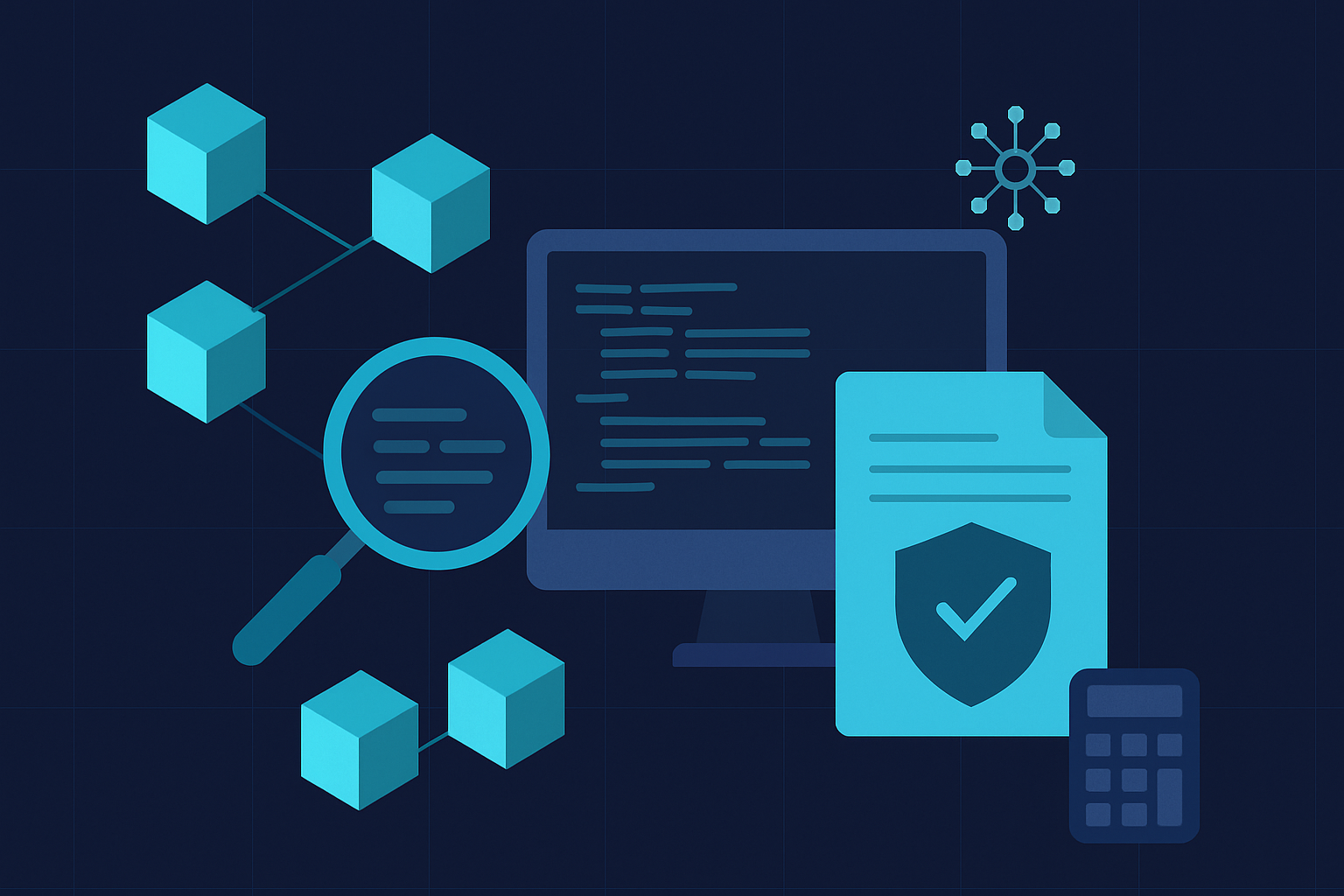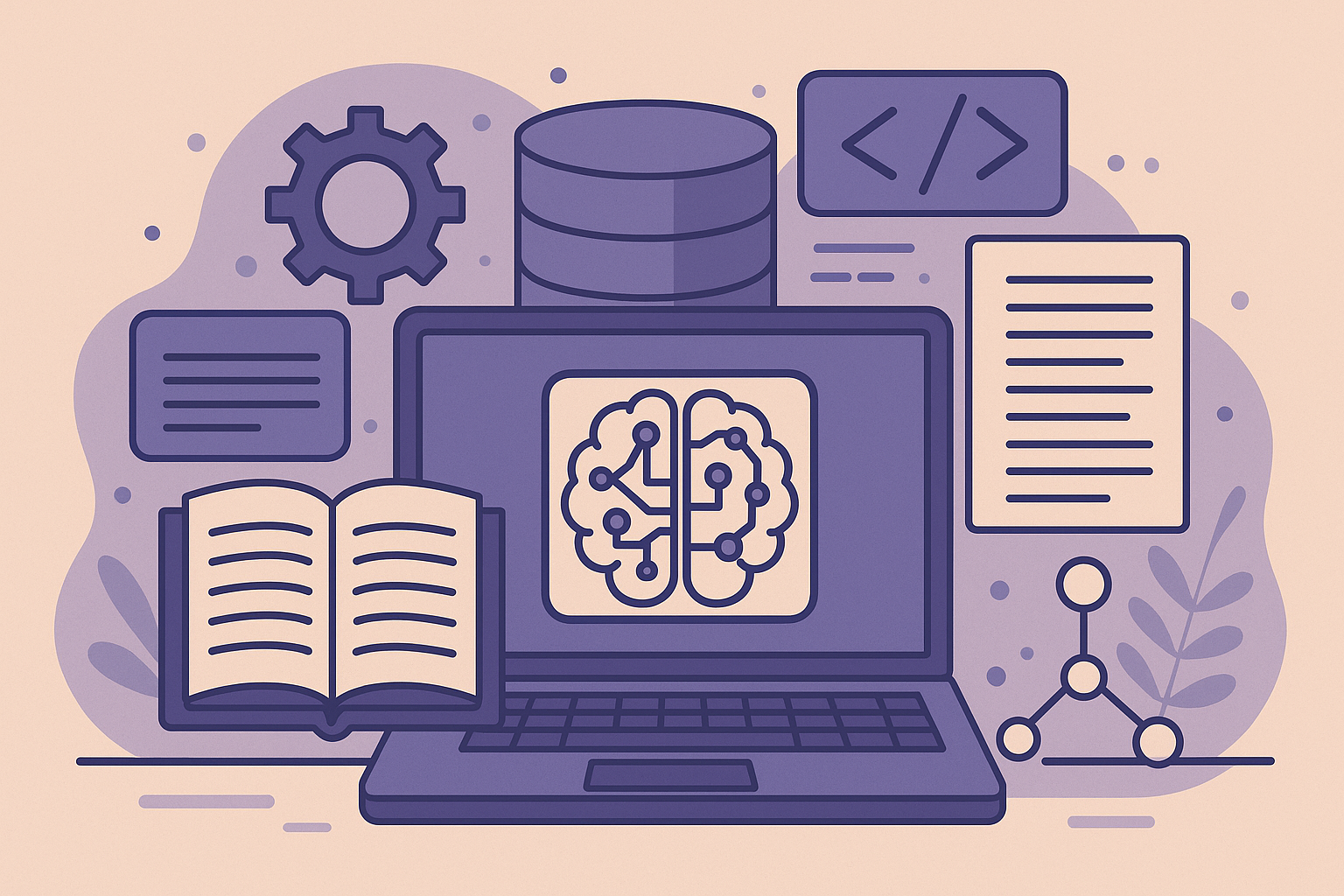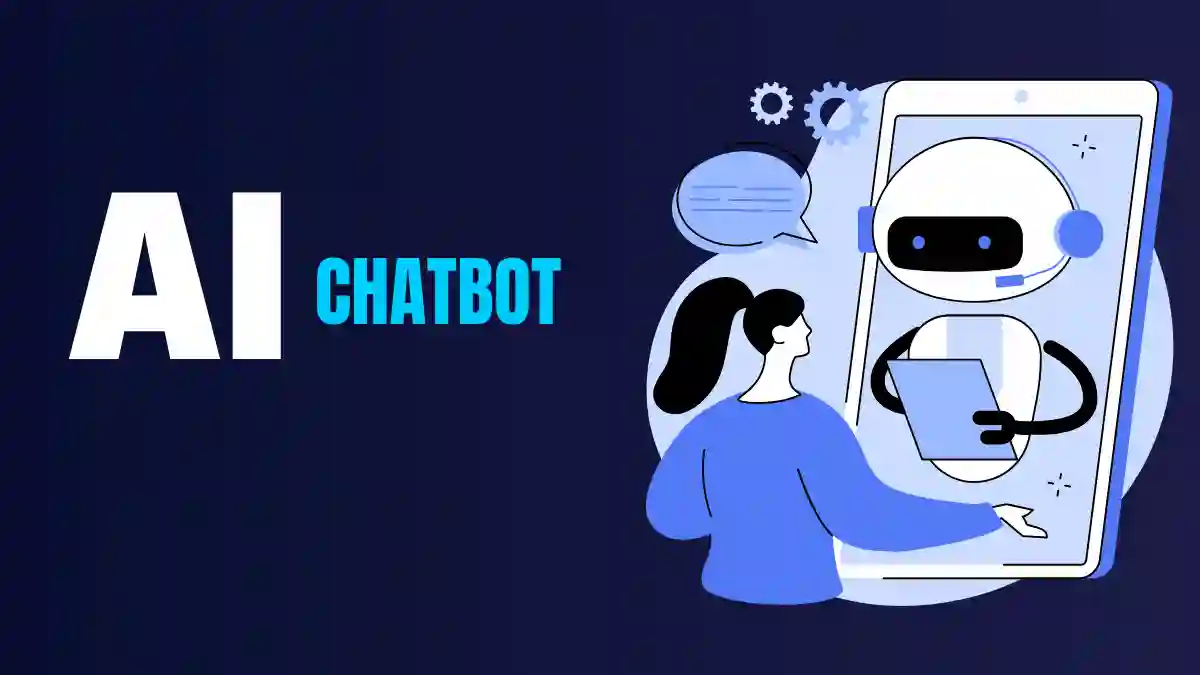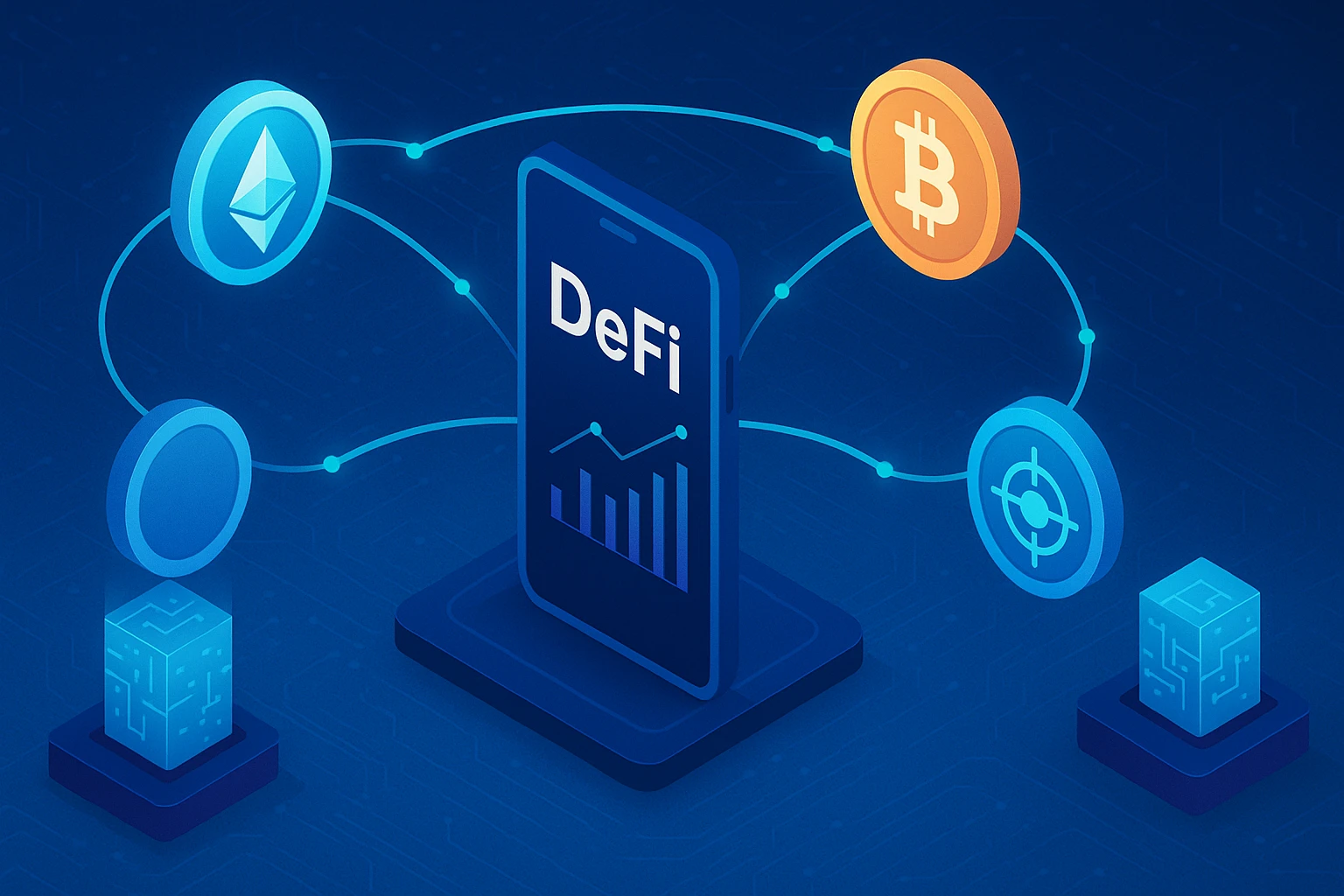LLM Development Services for Enterprises: Unlocking AI-Driven Growth
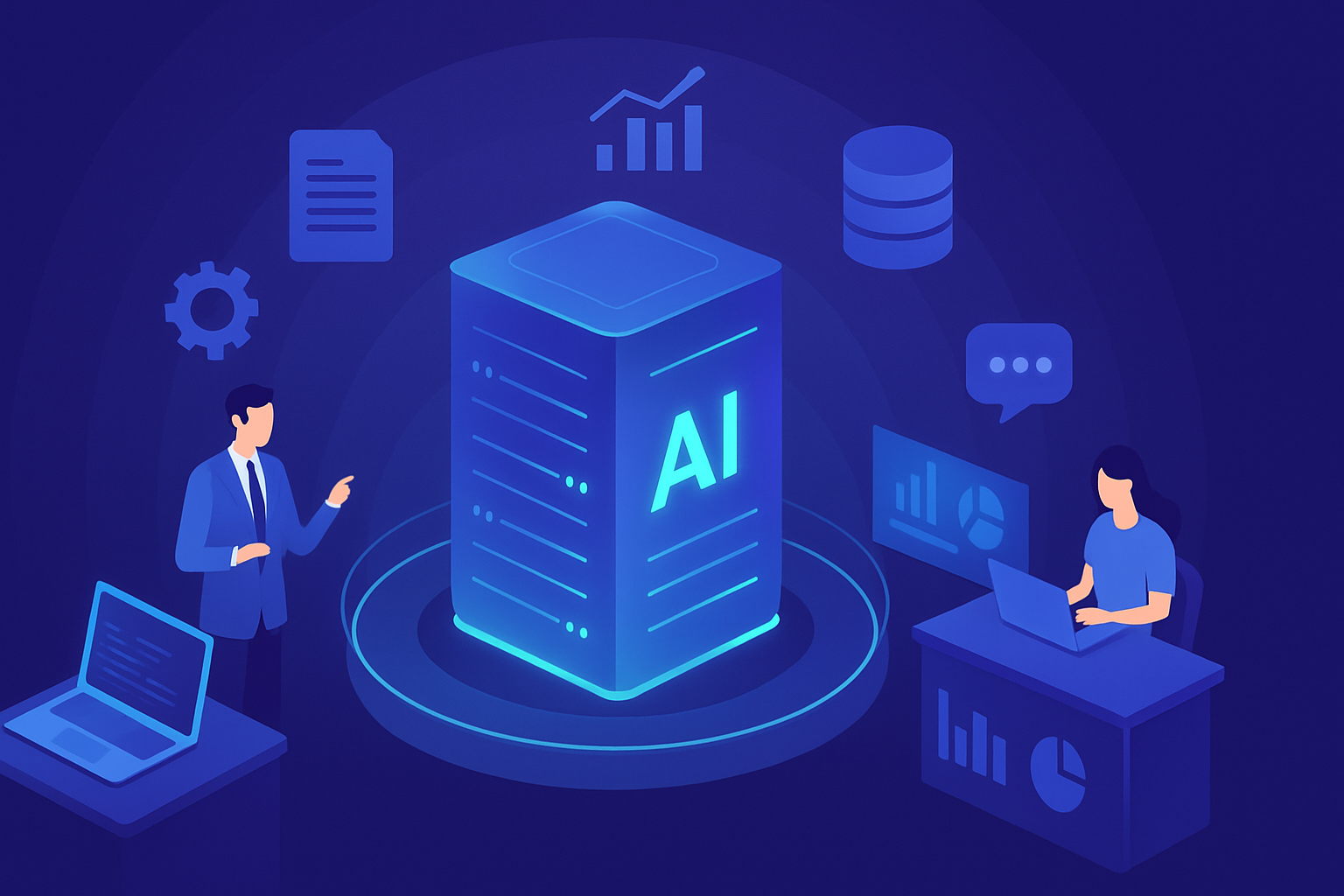
Strong 8k brings an ultra-HD IPTV experience to your living room and your pocket.
In an era where artificial intelligence (AI) is no longer optional but foundational to business strategy, enterprises are turning toward Large Language Model (LLM) development services to fuel innovation, efficiency, and scalability. These powerful AI models, which can understand and generate human-like language, are transforming how businesses engage with customers, automate internal processes, and unlock new revenue streams. By leveraging tailored LLM solutions, enterprises can build proprietary models that align with their data, goals, and industry-specific challenges—resulting in smarter decision-making and AI-driven growth.
Why LLMs Matter for the Modern Enterprise
Large Language Models, such as OpenAI’s GPT, Meta’s LLaMA, or Google’s Gemini, have demonstrated unprecedented capabilities in language understanding, contextual reasoning, content generation, and semantic search. For enterprises, these capabilities translate into strategic advantages—from automating customer support to streamlining document processing, powering intelligent search engines, and driving advanced data analysis.
However, off-the-shelf LLMs may not always address the unique demands of enterprise environments, particularly in terms of data privacy, security, domain specialization, and customization. That’s where LLM development services come into play. By building and fine-tuning LLMs on private or domain-specific data, enterprises can deploy solutions that are not just powerful, but also deeply relevant to their operations.
Tailoring LLMs to Your Business Needs
Every enterprise has unique workflows, customer personas, and data ecosystems. LLM development services focus on customizing models to reflect these nuances. Whether it’s training an LLM on legal documents for a law firm, financial data for a banking platform, or patient records for a healthcare provider, domain-specific tuning ensures that the model delivers accurate, context-aware responses aligned with industry standards.
Fine-tuning involves feeding the LLM curated datasets, so it understands jargon, compliance requirements, or business terminology specific to your field. This leads to higher performance in tasks like internal document summarization, personalized recommendations, risk assessment, and predictive analytics—making AI a more strategic asset than a generic tool.
Leveraging Proprietary Data for Competitive Advantage
One of the core strengths of custom LLM development is the ability to train or fine-tune models on proprietary data. Enterprises sit on vast troves of unstructured data—emails, reports, chat transcripts, logs, contracts, and more. This data is often underutilized but holds significant value when properly analyzed and interpreted.
LLM development services help enterprises unlock this hidden value. With the right architecture and training pipelines, proprietary data becomes the foundation for models that understand business context, customer intent, and operational nuances. This leads to better customer experiences, faster internal workflows, and insights that were previously impossible to extract manually.
Enhancing Customer Interactions with LLMs
LLMs are reshaping customer-facing operations by enabling natural, human-like conversations across various digital channels. Enterprises are integrating LLM-powered chatbots, virtual assistants, and helpdesk tools into their websites, mobile apps, and customer portals. These AI-driven solutions can handle inquiries, process service requests, offer personalized suggestions, and even escalate issues when needed—all while learning from previous interactions.
Unlike rule-based bots, LLMs evolve with usage. When fine-tuned on customer support logs or interaction histories, they provide contextual and relevant assistance. This not only improves response times but also enhances customer satisfaction and reduces operational costs.
Moreover, LLMs support multilingual capabilities, enabling global enterprises to deliver seamless support across languages and regions. This is particularly valuable for companies with a diverse customer base or operations in multiple markets.
Streamlining Internal Operations and Knowledge Management
Beyond customer engagement, LLMs are being employed to streamline internal business operations. LLM development services allow organizations to build AI tools that extract insights from company reports, generate executive summaries, automate repetitive tasks like drafting emails or proposals, and even assist in onboarding new employees.
Knowledge management is another high-impact area. Enterprises often struggle with scattered information across documents, databases, and emails. A well-developed LLM can serve as an intelligent knowledge base that employees query in natural language—retrieving documents, summarizing reports, or explaining company policies in real time.
This significantly reduces time spent searching for information and boosts productivity across departments like HR, legal, finance, and IT.
Security, Compliance, and Data Privacy
Enterprises operate in highly regulated environments, where data handling must align with laws like GDPR, HIPAA, or industry-specific standards. LLM development services prioritize security and compliance from the ground up. Instead of relying on third-party APIs that transmit sensitive information to external servers, enterprises can build and deploy LLMs within their private infrastructure or secure cloud environments.
Advanced access controls, data encryption, audit logs, and compliance-aware training protocols are incorporated into the development lifecycle. This ensures that the models not only perform intelligently but also meet governance, risk, and compliance (GRC) requirements.
Moreover, by developing private LLMs, organizations retain full control over their data, intellectual property, and model behavior. This minimizes the risks associated with data leakage or unauthorized access, offering peace of mind to enterprise stakeholders and IT leaders.
Integrating LLMs Into Existing Tech Stacks
One of the key advantages of custom LLM development is seamless integration with existing enterprise systems. Whether it’s a CRM like Salesforce, ERP systems like SAP, customer service platforms, or data lakes, LLMs can be deployed as APIs or integrated directly into internal workflows.
Through API gateways, microservices architecture, or embedded plugins, LLMs can operate alongside current digital tools without disrupting existing processes. For instance, an AI assistant embedded in a CRM could summarize leads, draft follow-ups, or highlight customer sentiment—enhancing sales operations with minimal friction.
LLM development services often include DevOps and MLOps pipelines to ensure continuous deployment, monitoring, and model retraining. This keeps the LLMs up-to-date with business changes, regulatory shifts, and user feedback.
Measuring ROI and Business Impact
Investing in LLM development services is a strategic move, and like any major investment, it should deliver measurable returns. Enterprises can assess ROI through various performance indicators—reduced support costs, faster response times, improved employee productivity, better customer retention, or even revenue generated from new AI-driven products.
LLM development also enhances competitive differentiation. Companies that embrace intelligent automation, personalized engagement, and faster decision-making through custom models often outperform their peers in agility and innovation.
By embedding LLMs into core workflows, enterprises lay the foundation for scalable, AI-first operations—driving long-term growth and profitability.
Working with the Right LLM Development Partner
Choosing the right LLM development partner is crucial. It requires a team with expertise in natural language processing, machine learning engineering, data governance, and enterprise architecture. The partner should offer a collaborative approach—from discovery and dataset preparation to model training, testing, and deployment.
Transparency, documentation, security protocols, and post-deployment support are also key factors. The right development service provider will work closely with your teams to ensure the model aligns with business objectives, integrates into the ecosystem, and continues to evolve with your needs.
Additionally, experienced partners can help you navigate the build vs. fine-tune decision—whether to train an LLM from scratch using frameworks like Hugging Face Transformers or adapt an existing open-source model for your purposes.
The Future of AI-Driven Enterprise Strategy
As we move further into the age of intelligent automation, LLMs will play a central role in shaping enterprise strategies. From reducing cognitive overload in information-heavy industries to transforming how decisions are made, these models are more than just technical upgrades—they are strategic assets.
The enterprises that leverage LLM development services today are not just adopting AI; they are redefining how their business operates at a foundational level. With models tailored to their data, customers, and workflows, these organizations are poised to lead in a future where intelligence is embedded into every digital interaction.
Conclusion
LLM development services are empowering enterprises to take control of their AI journey—moving beyond generic tools to build intelligent systems deeply aligned with business needs. Whether it's enhancing customer engagement, improving internal workflows, or safeguarding sensitive data, custom LLMs offer scalable, secure, and context-aware solutions that drive tangible business value.
By investing in bespoke LLM development, enterprises unlock not only AI-driven growth but also a sustainable competitive advantage in an increasingly digital economy.
Note: IndiBlogHub features both user-submitted and editorial content. We do not verify third-party contributions. Read our Disclaimer and Privacy Policyfor details.




